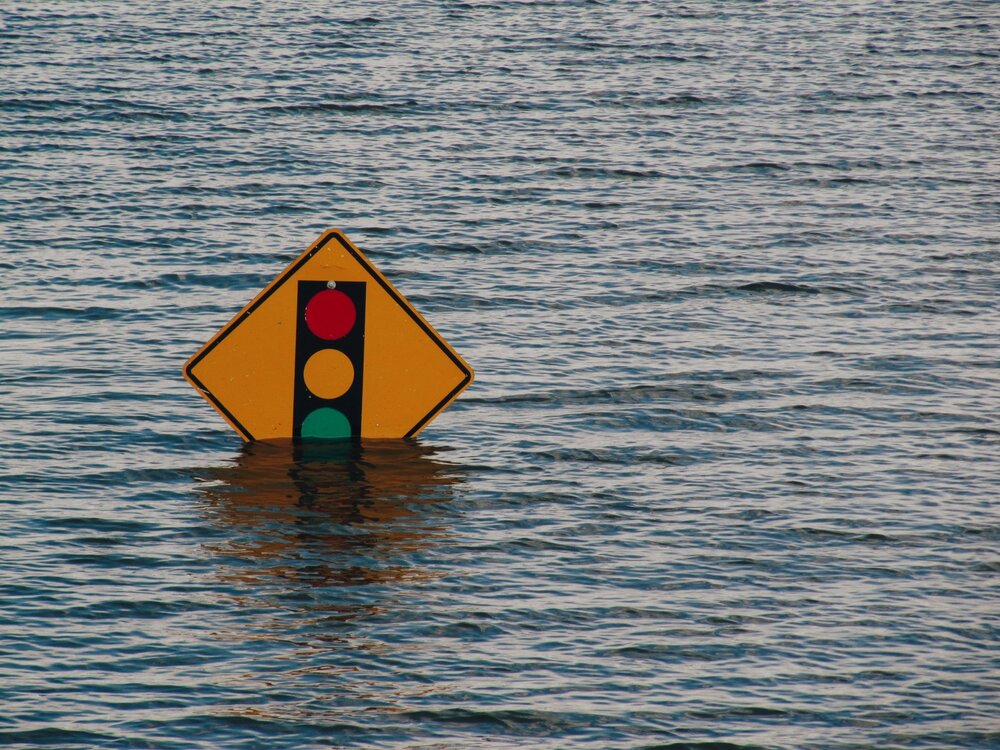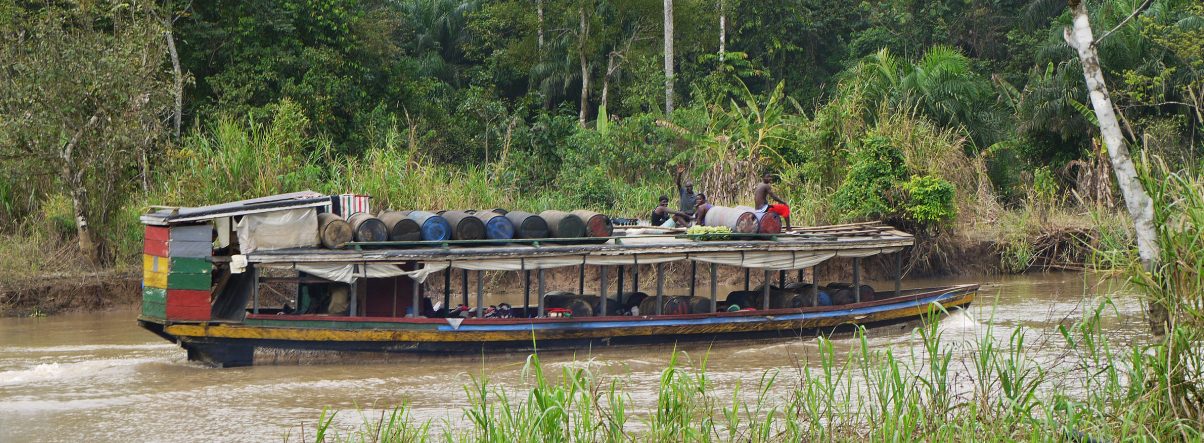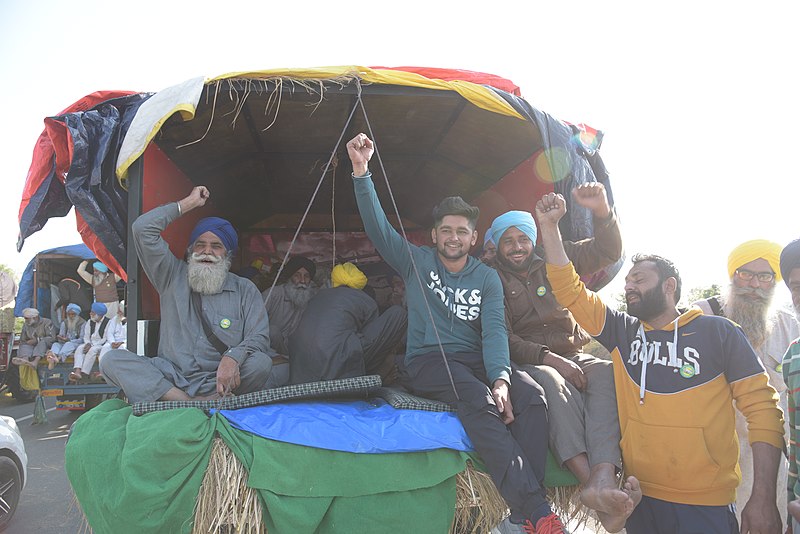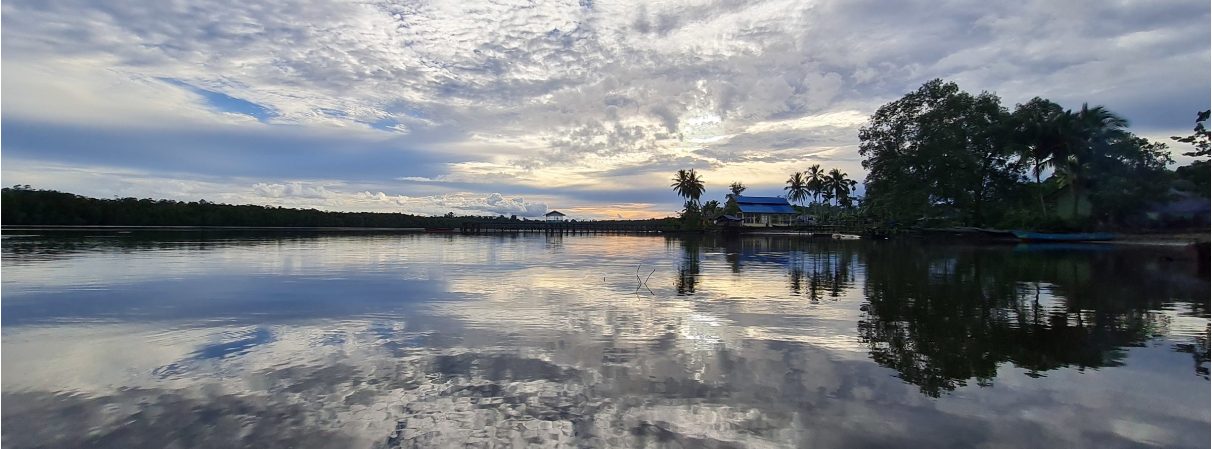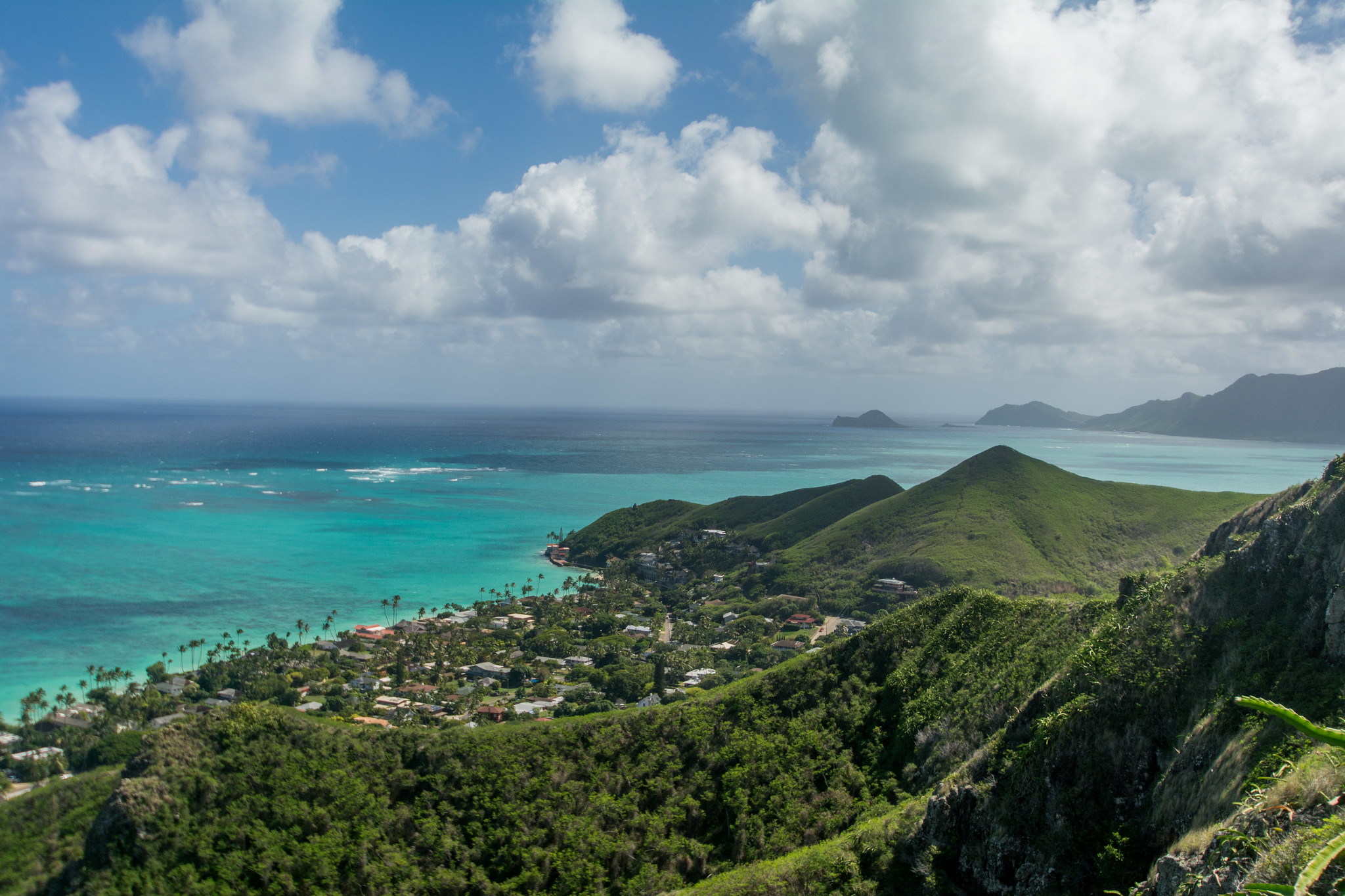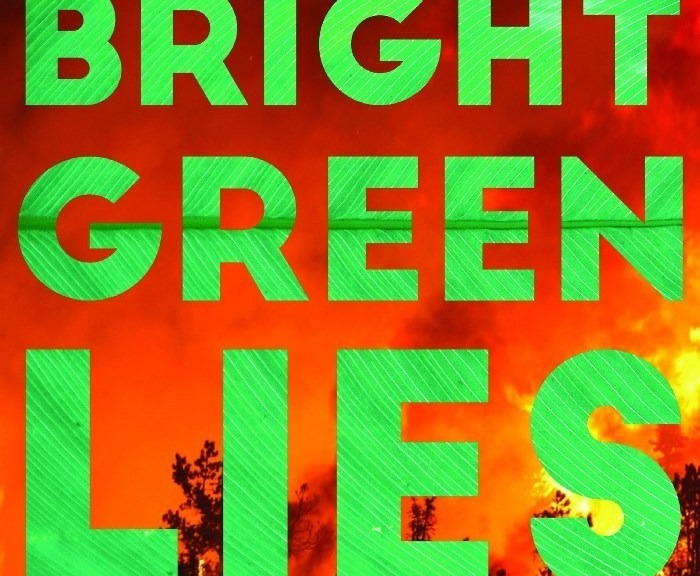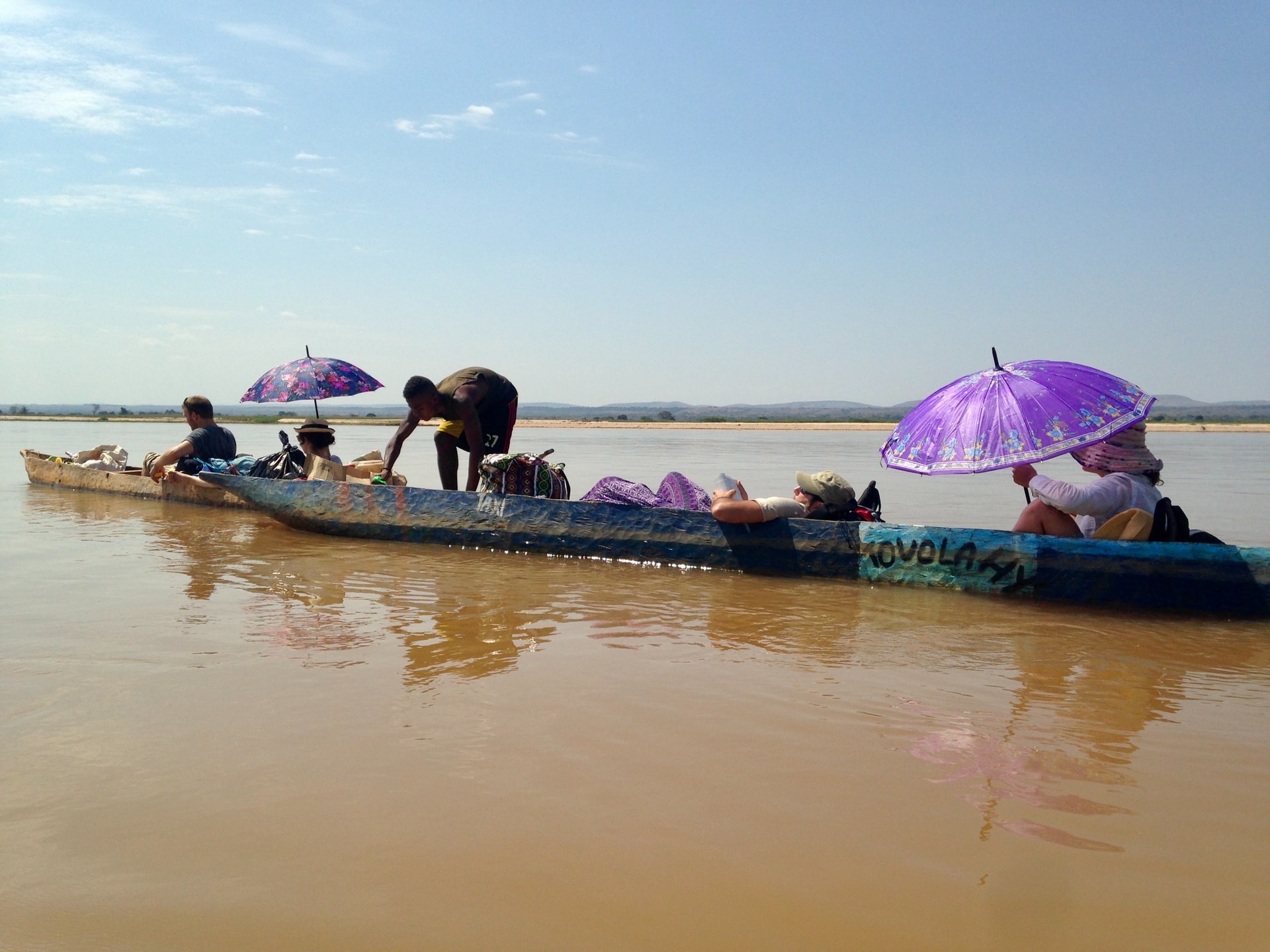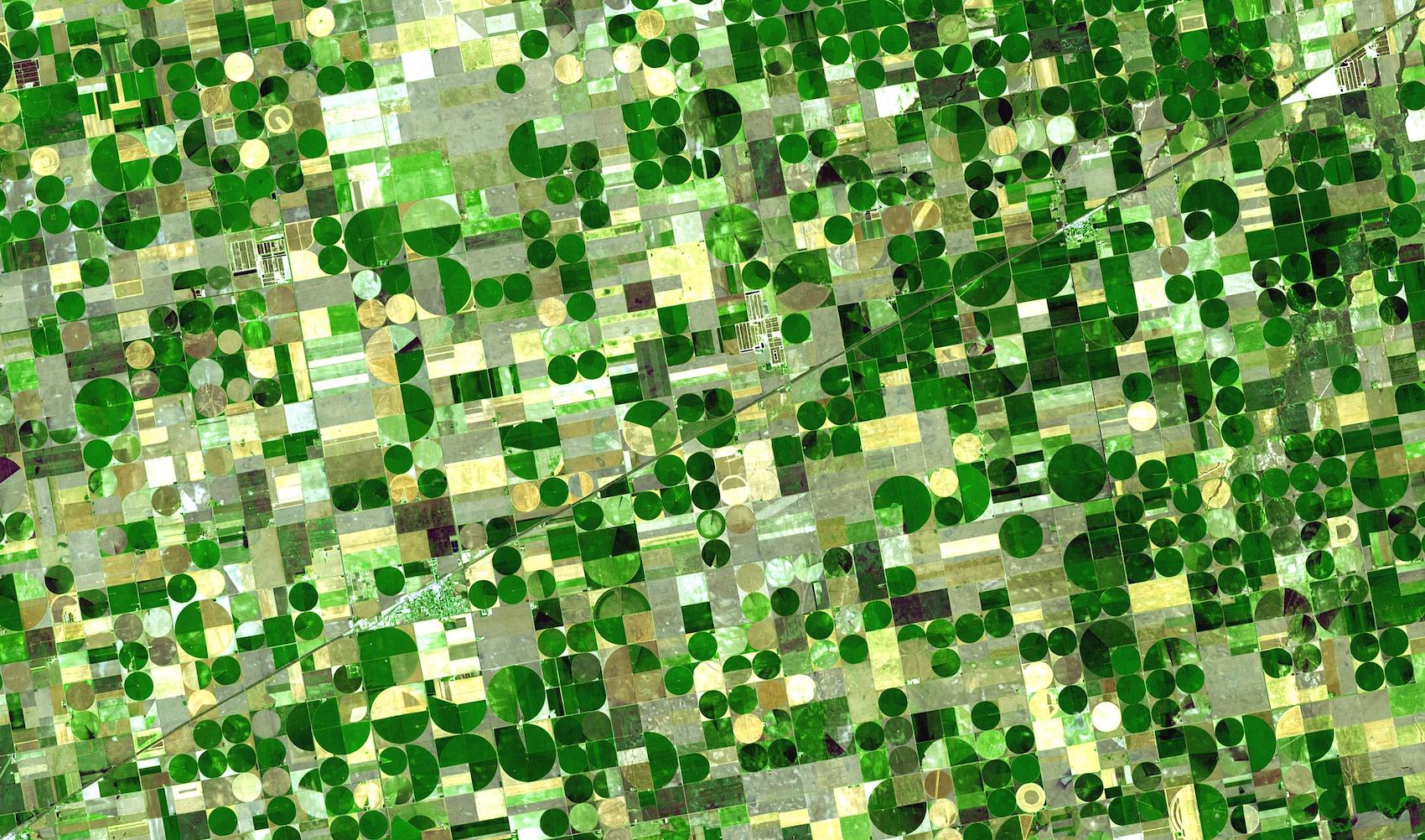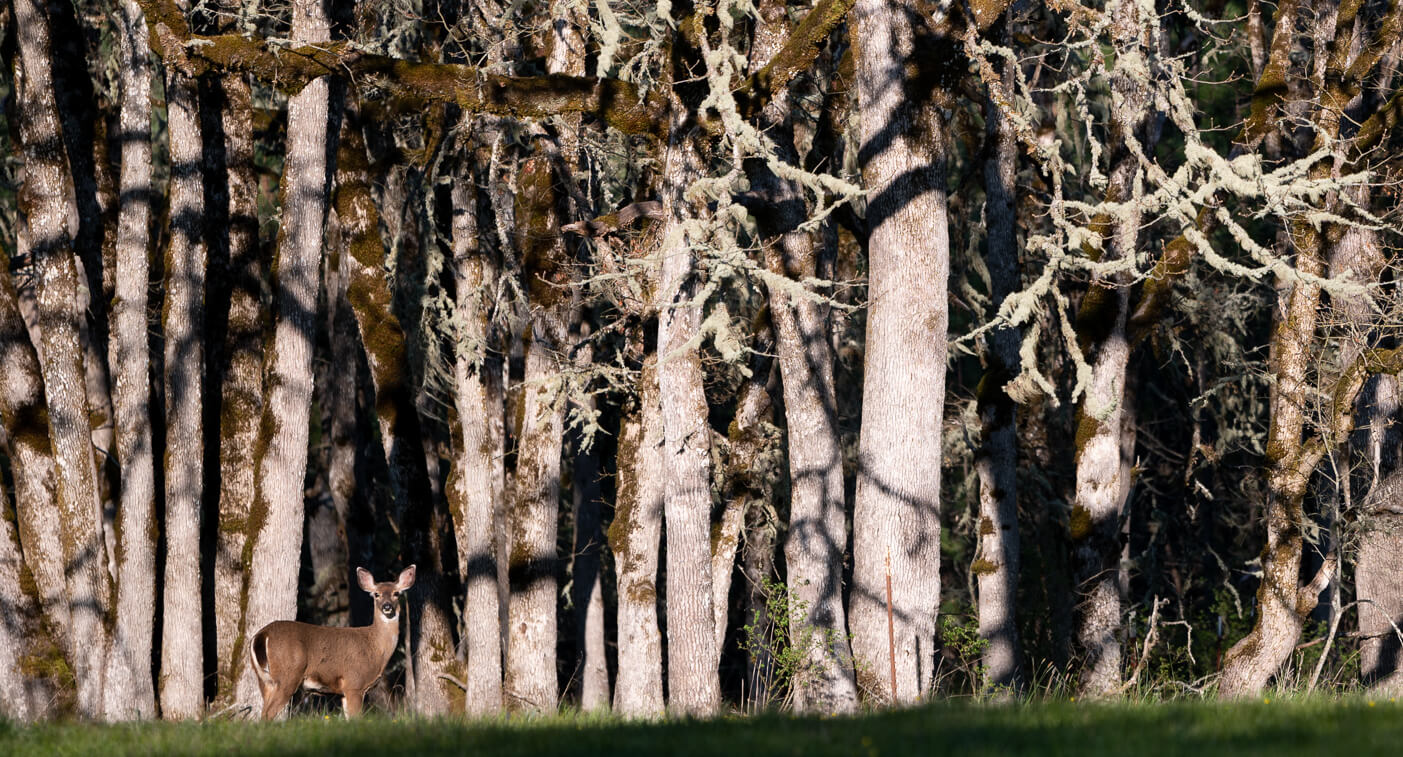This is an excerpt from the book Bright Green Lies, P. 1-7
By LIERRE KEITH “Once our authoritarian technics consolidates its powers, with the aid of its new forms of mass control, its panoply of tranquilizers and sedatives and aphrodisiacs, could democracy in any form survive? That question is absurd: Life itself will not survive, except what is funneled through the mechanical collective.” 1 LEWIS MUMFORD
There is so little time and even less hope here, in the midst of ruin, at the end of the world. Every biome is in shreds. The green flesh of forests has been stripped to grim sand. The word water has been drained of meaning; the Athabascan River is essentially a planned toxic spill now, oozing from the open wound of the Alberta tar sands. When birds fly over it, they drop dead from the poison. No one believes us when we say that, but it’s true. The Appalachian Mountains are being blown to bits, their dense life of deciduous forests, including their human communities, reduced to a disposal problem called “overburden,” a word that should be considered hate speech: Living creatures—mountain laurels, wood thrush fledglings, somebody’s grandchildren—are not objects to be tossed into gullies. If there is no poetry after Auschwitz, there is no grammar after mountaintop removal. As above, so below. Coral reefs are crumbling under the acid assault of carbon. And the world’s grasslands have been sliced to ribbons, literally, with steel blades fed by fossil fuel. The hunger of those blades would be endless but for the fact that the planet is a bounded sphere: There are no continents left to eat. Every year the average American farm uses the energy equivalent of three to four tons of TNT per acre. And oil burns so easily, once every possibility for self-sustaining cultures has been destroyed. Even the memory of nature is gone, metaphrastic now, something between prehistory and a fairy tale. All that’s left is carbon, accruing into a nightmare from which dawn will not save us. Climate change slipped into climate chaos, which has become a whispered climate holocaust. At least the humans whisper. And the animals? During the 2011 Texas drought, deer abandoned their fawns for lack of milk. That is not a grief that whispers. For living beings like Labrador ducks, Javan rhinos, and Xerces blue butterflies, there is the long silence of extinction.
...
